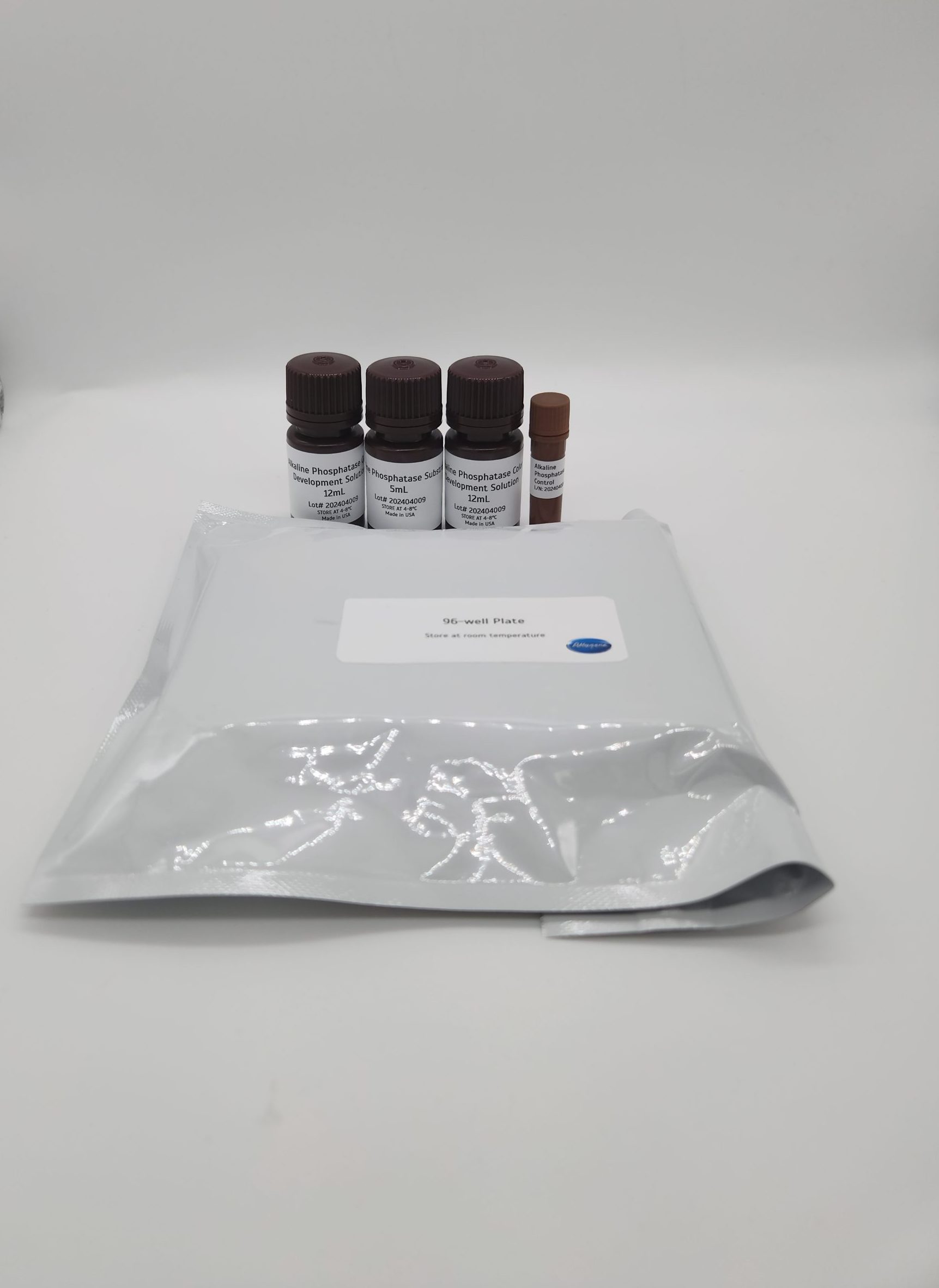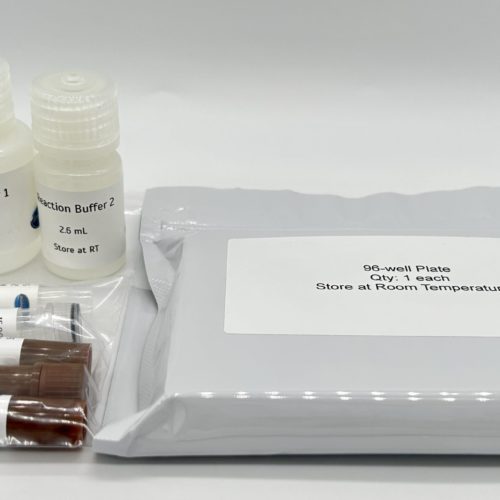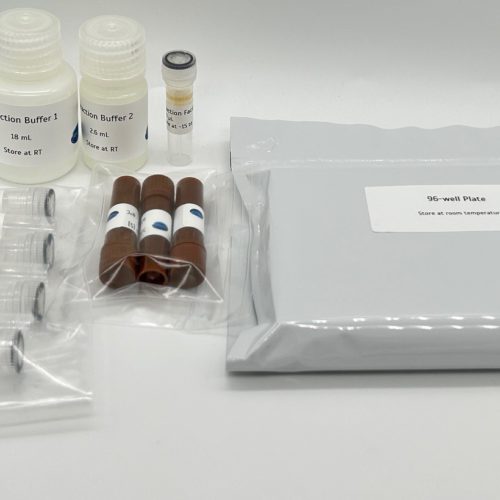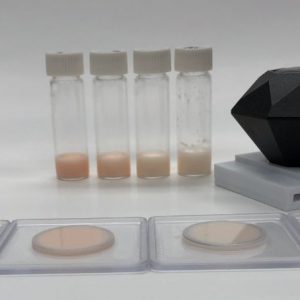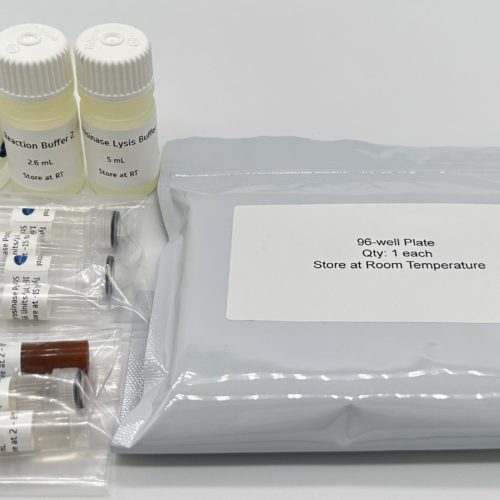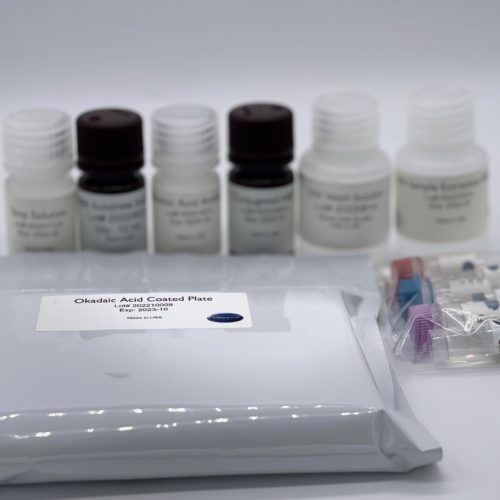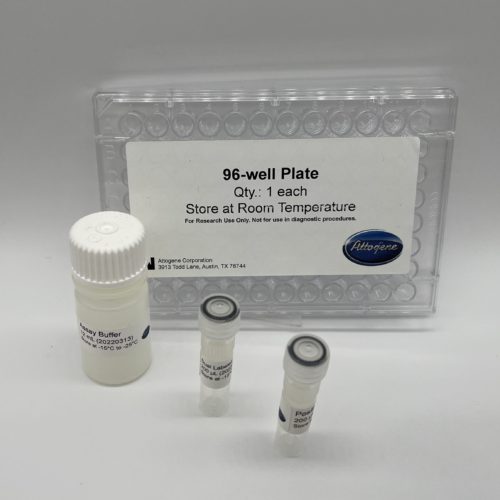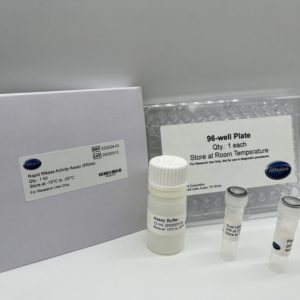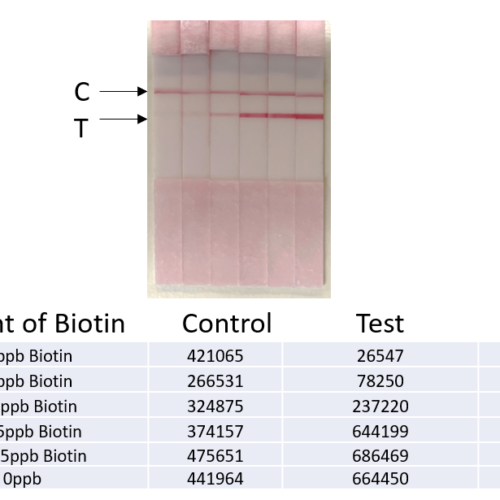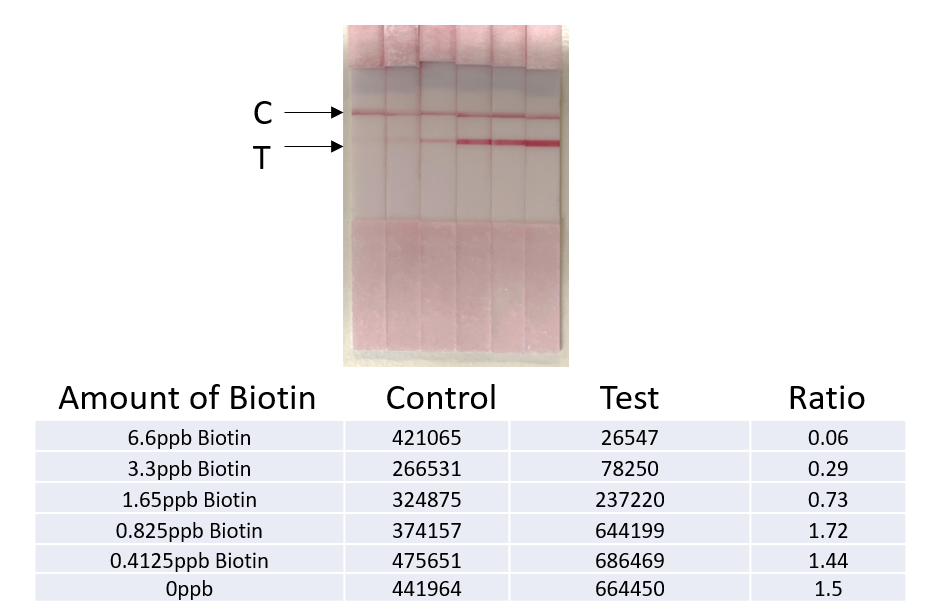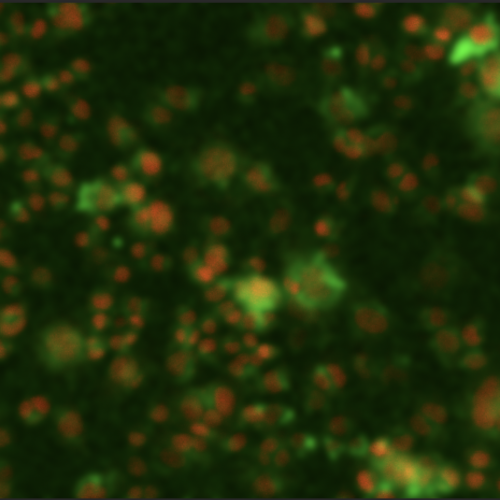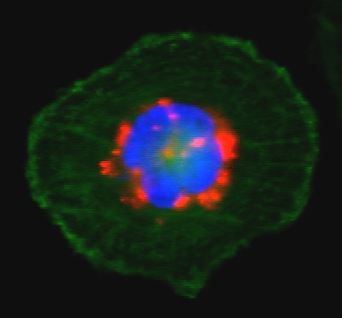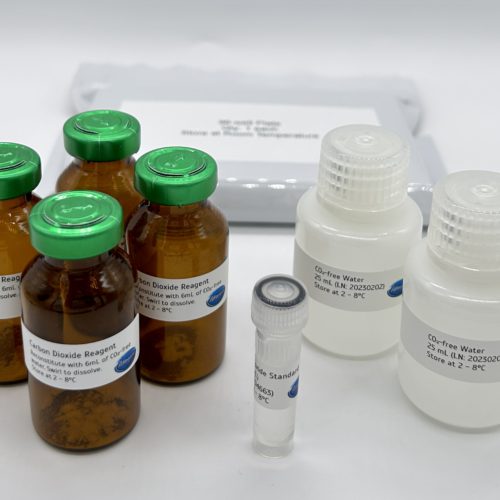Alkaline Phosphatase Assay Kit
$317.12
In Stock & Ready to Ship
Highly Sensitive, rapid, robust screening kit for sample phosphatase activity.
For plate-based colorimetric enzymatic determination of alkaline phosphatase:
Distributed in almost every tissue of the body, serum alkaline phosphatase (ALP) levels are of interest in the testing for hepatobiliary disorder and bone disease. Most of the ALP in the normal adult serum is from the liver or biliary tract. Normal alkaline phosphatase levels are age-dependent and are elevated during periods of active bone growth. Moderate elevations of ALP (not involving the liver or bone) may be attributed to Hodgkin’s disease, congestive heart failure, and abdominal bacterial infections.
Alkaline phosphatase (ALP) catalyzes the hydrolysis of phosphate esters in an alkaline environment, resulting in the formation of an organic radical and inorganic phosphate. In mammals, this enzyme is found mainly in the liver and bones. Marked increase in serum ALP levels, a disease known as hyperalkalinephosphatasemia, has been associated with malignant biliary obstruction, primary biliary cirrhosis, primary sclerosing cholangitis, hepatic lymphoma, and sarcoidosis.
The kit contains sufficient materials to rapidly test 42 samples in duplicate.
You may also like…
Tyrosinase Inhibitor Assay Kit
$428.92For rapid, sensitive and accurate screening of potential Tyrosinase inhibitors
Benzoic Acid Detection Kit
$317.12- Highly Sensitive Assay to Screen for Benzoic Acid
- Visual Readout (sample dependent: milk, red/pink)
- Detection range of 1ppm to 1500ppm
- Tube or Plate based options available
- Compatible with the Nix Sensor or plate readers to obtain quantitative results.
Tyrosinase Activity Assay Kit
$428.92- Highly reproducibility
- Highly Sensitive Assay to Screen for Tyrosinase Activity
- Stable formulation of ready to use Reaction Facilitator (tyrosinase)
Acetylcholinesterase Detection Kit
$317.12- Acetylcholinesterase
- DTNB
- Assay Buffer
- Acetylthiocholine
- Lysis Buffer
